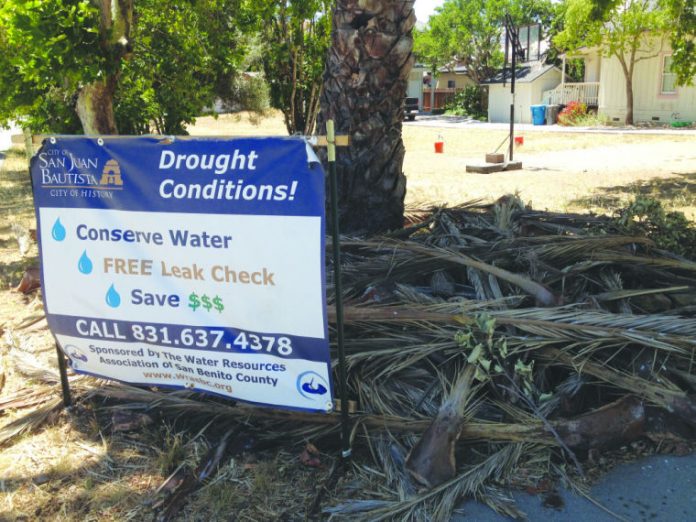
While San Benito Rising’s proposal to ban high-intensity petroleum extraction in the county is headed for the ballot in November, a separate attempt to get the same practices banned in San Juan Bautista is on hold until voters have their say.
San Benito Rising is the group of local activists seeking a countywide ban against fracking and other high-intensity extraction methods such as steam injections planned at the Project Indian site in Bitterwater. The San Benito Rising proposal also would outlaw all petroleum activities in certain areas of the county.
The group’s members argue that high-intensity methods are bad for the environment and can contaminate water supplies, while opponents of the measure contend it is far-reaching in nature and they point out there are no proposed fracking projects in the county.
Before going to the ballot, though, the anti-fracking activists took their cause to San Juan Bautista. The Mission City’s council members, though, have decided to hold off on a decision for a similar ban in San Juan until the November election. City Manager Roger Grimsley pointed out that the city doesn’t allow any drilling in city limits and that the county water district issues all related permits.
San Benito Rising activists attended San Juan council meetings on four or five occasions, Grimsley said.
“We really kind of indicated to hold off until the November election,” Grimsley said.
The push from San Benito Rising, though, gave its members a chance to showcase the support on their side.
Dr. Timothy Krantz, professor of environmental studies at the University of Redlands in Southern California, sent a letter in favor of the group’s ban.
Part of the letter read as follows:
“Enhanced oil recovery (EOR) has come a long way since the 1990s. Unfortunately, although the industry has made many technological advances with regard to horizontal drilling and high-pressure fracturing and extraction, the environmental impacts of such operations are severe and, I would argue, are in most cases irremediable– they cannot be cleaned up. Once these chemicals are injected into the groundwater, we will never be able to remove them from the aquifers. It is hard enough to clean these contaminants from the surface, let alone underground in the water and rock that comprises our groundwater basins.”
Look for a story next week about the proposed zoning changes in the San Benito Rising initiative.









